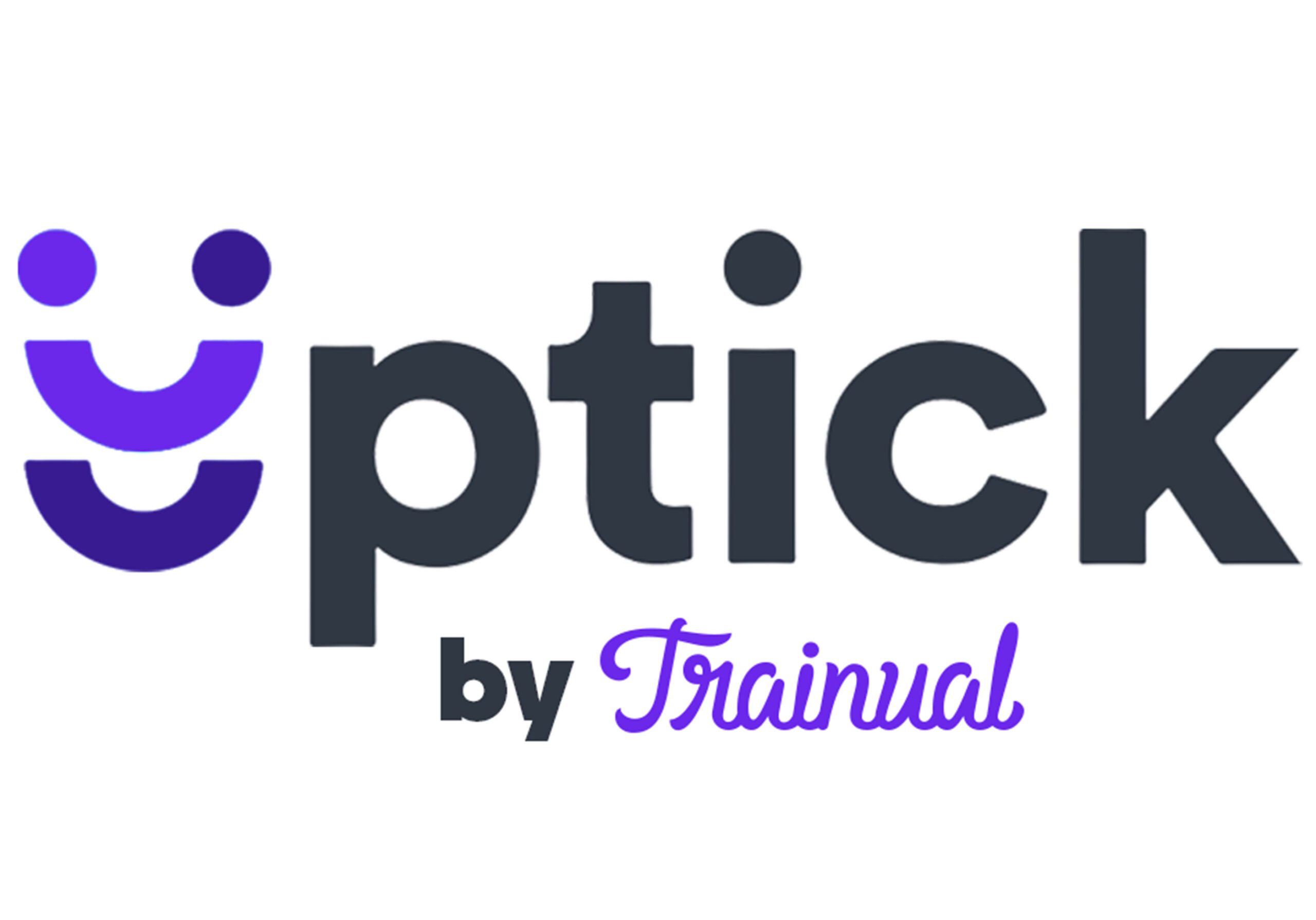As a senior manager, skip-level meetings are a rare opportunity to talk to the team members on the front lines of your organization. You may have only a few minutes with these people, so you have to make each one of your skip-level meeting questions count.
Use the following questions to quickly spot your most promising talent. And since every question on your skip-level meeting agenda needs to pack a punch, these questions will also give you valuable insights about your company as a whole.
Phase 1: Establish Rapport
- What are you watching/reading/listening to right now?
- What do you like about living in this area?
- How did you get started in this industry?
- What’s your go-to work snack/lunch?
- What nonwork subject are you an expert in?
Why These Questions Work
The qualities you’re looking for with these skip-level meeting questions are enthusiasm, attitude, and communication skills.
Start off with low-pressure questions to help your team members to relax. Otherwise, even high performers get intimidated by the fact that they’re talking to their boss’s boss. So put everyone at ease with some questions where there are no wrong answers.
However, even light conversation starters tell you a lot about your employees:
- Are they passionate, engaged people who love to learn and pursue their interests?
- Did they choose their career on purpose or just stumble into it?
- Can they come up with something nice to say about where they live?
- Do they use humor appropriately?
It bears mentioning that what your employee is interested in is far less important than showing they’re interested in something. So it’s great if you hit it off because you both love the same podcast. But don’t give higher marks to an employee just for sharing your interests. (That’s a problematic tendency that can lead to boardrooms where everyone looks suspiciously similar.)
Phase 2: Measure Personal Potential
- What made you want to work here?
- Do you feel like you’re learning new skills in your current role?
- What about your job has surprised or challenged you?
- What are your professional goals for the next year? Five years?
- If you could work on anything here, what would it be?
Why These Questions Work
As you may have noticed, all of these questions are centered on growth and change. That’s because the true hallmark of a high-performer is a hunger to learn and embrace new challenges.
Deloitte researchers call this attitude “the passion of the explorer,” and they’ve found that it’s what sets the most engaged employees apart from the pack.
According to Deloitte, this passion has three elements: long-term commitment to making an impact in their domain, a questing disposition that seeks out challenges, and a desire to connect to others through trust-based relationships.
All of the questions in phase two test whether an employee has this kind of passion. You can tell a lot from their answers, such as:
- Are they genuinely interested in their work and hungry to master it?
- Are they curious about what other people are working on in the organization?
- Do they embrace change and take responsibility for their career trajectory?
Phase 3: Gauge Company Culture
All of the questions in this section do double duty. An employee’s answers will give you critical insights into their character and the overall health of your company. So let’s slow down and go through them one by one.
- How do you like working with your manager? What do they do that works for you? What isn’t working?
Why this question works
One of the main purposes of skip-level meetings is to find out how your managers treat their direct reports. You need to give team members an opportunity to alert you to problems, so don’t shy away from asking about what isn’t working. Still, it’s crucial to ask in a way that isn’t gossipy, since the last thing you want is to create an atmosphere of mistrust.
High performers will talk about their managers honestly but diplomatically.You’re looking for people with the courage and insight to offer constructive feedback to their superiors, but with the interpersonal skills to do so thoughtfully.
Of course, there’s one crucial caveat: If a team member reports that their manager is creating a toxic work environment, treats them unfairly, or is simply a bad fit, you need to investigate. Don’t assume that an employee with complaints just has a bad attitude.
2. Who are the strongest members of your team?
Why this question works
Asking about high-performing team members is a gold-mine question for identifying high performers. If five different employees all name Pam as the team MVP, you know she’s a keeper. And if you ask Pam, and she gushes about the entire team, you know she’s not just a star; she’s a team player.
Conversely, if team members don’t seem to know much about each other’s work, it might be a sign of deeper cultural problems. Follow up with the team’s manager to make sure they’re celebrating wins and encouraging strong relationships.
3. What could we do to make your job easier or the company better? Are there tools you wish you had? Are there policies you would change?
Why this question works
One of the greatest benefits of skip-level meetings is hearing from people with unmatched expertise about your company: your frontline workers. As Harvard Business Review reports, executives invest billions of dollars each year in consultants and technology to increase efficiency, but much of it goes to waste. Why? HBR points to the failure of senior leaders to consult with “staff who have intimate knowledge about what works and what doesn’t in their daily operations.”
Your highest performers will be full of ideas for how to improve the business. (And your managers should already be asking their reports for input in their one-on-one meeting agendas.) Listen to them! Even if you can’t commit to using all of their ideas, you should still nurture their enthusiasm. It shows that they are thinking of the big picture and care about the organization as a whole, not just their individual success.
4. Is there anything you feel that senior management doesn’t understand about your job? What am I missing about day-to-day operations?
Why this question works
If you’re not working directly with frontline teams, then much of their experience is invisible to you. You see the results, not the process, so you may not even have an accurate idea of what your employees do. Invite employees to tell you about their challenges and you’ll probably be surprised by what you learn.
High performers will be unafraid to tell you what you’re missing. More than that, they’ll see these blind spots as opportunities to improve, not just complain.
5. How do you feel about the company’s current direction? What are your concerns as we move forward?
Why this question works
This is a vital question for any effective skip-level meeting, whether your company is in the midst of a major or minor change. (Because let’s face it, you’re always in a “transition period” of one kind or another.) All organizational change results in “getting buy-in” from staff at all levels, and this is your chance to do that. Address concerns and answer questions so your employees don’t feel left behind in the midst of change.
Employees with the highest potential will demonstrate that they understand the big changes taking place, as well as the drivers behind them. They may express concerns, but they may also have ideas for how you can dream even bigger.
Skip-Level Meeting Questions Can Deliver Serious Value
You may be able to meet with your employees for only a half hour twice a year. But that’s all the more reason to squeeze everything you can out of that time. Don’t just treat skip-levels as an opportunity to shake hands and ask everyone how they like their job. Care enough to ask probing questions. Take notes to show that you’re listening, and then build trust by following up. When employees feel they can make a real impact and their voices matter, they’ll be more engaged and productive.
You’ll also reap the benefits when you use skip-levels as a chance to scout for top talent. Motivated, passionate, and personable people are the most precious resource a business can have. So go into these meetings looking for the next generation of leadership, and then position those people for success.
Ready to start having better one-on-one conversations?
Learn how with our free guide to improving your one-on-ones.


